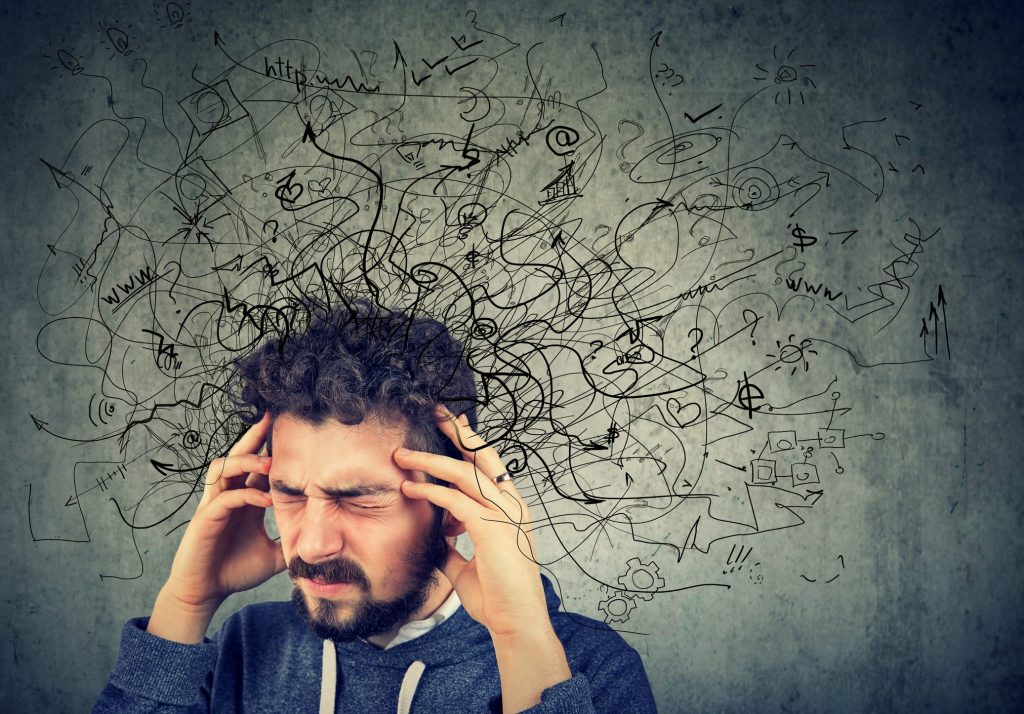At this moment, the COVID-19 virus has been able to silence the whole world. Almost all human activities have been canceled off. No more flights, no more international conferences, no more sports events, no more parties, no more gatherings. Even the Olympic games had to be postponed to the next year due to this coronavirus outbreak. The human race has been threatened. But this is not the first time, the human race has fought against several epidemics throughout the history. Humans will arise from this pandemic defeating coronavirus.
“What psychologists know is when we are under chronically difficult conditions, it is very helpful to divide the problem into two categories: things I can do something about and then things I can do nothing about,” says Dr. Damour. There is a lot that falls under that second category right now. The biggest contribution that we can give for this mission is staying home and following instructions given by the health sectors.
We all are trapped in our own homes right now. As a result, people are missing out on their day to day lifestyle, gathering with friends, doing some shopping, organizing fun events, etc. This might have the worst impact on our mental health. So many researches have been conducted under this, all over the world, such as the researches conducted by the American psychological association and the mental health foundation in the UK. etc. In this article I hope to summarize the results of those researches.
Several new terms have been socialized with this pandemic. It is important to be aware of these words. The American psychological association has defined these words as follows,
Social distancing means keeping a safe distance (approximately 6 feet) from others and avoiding gathering in spaces such as schools, churches, concert halls and public transportation.
Quarantine involves avoiding contact with others if a person has been exposed to coronavirus, to see if they become ill.
Isolation involves separating an individual who has contracted COVID-19 to prevent them from spreading it to others.
You may feel fear, anxiety, frustration, loneliness or boredom and any other negative feeling could be stimulated, but it is important to remember that it is ok to feel this way. The real matter is how you respond to those feelings.
Psychologists’ research has found that during this period you may experience:
Fear and anxiety
Some people might feel fear on this pandemic unnecessarily. Perhaps your loved ones have this disease already or they have to fight against this outbreak actively (doctors, policemen, reporters, etc.) and it increases your anxiety. You may also be anxious about your finances and may panic since there is no way to earn money during the curfew and catastrophize about the food shortage shortly.
Depression and boredom
A hiatus from your work, your fun activities may result in the feeling of sadness or low mood. Staying at home for a long period can also cause feelings of boredom and loneliness. The intensity of pre-existing negative thoughts can be increased.
Anger, frustration or irritability
Family backgrounds are different from each other and it might increase irritability when staying with your family members. Less personal freedom can often bring frustration. One might feel angry about a person’s negligence on health instructions and about the measures that the government takes during the curfew.
Stigmatization
If you are sick or have been exposed to this virus, you may feel that society will corner you, stop interacting with you, disgrace you. Due to these feelings people try to hide their symptoms from others. This is a misconception. It leads the whole society into a severe danger. Even prince Charles is a victim of coronavirus and he exposed it to the whole world. Therefore it is our responsibility to expose ourselves if we have symptoms and never stigmatize any corona victim.
There are a few tips that we can use to control our stress.
Limit news consumption to reliable sources
It is enough to hear news one time per day and grab information that you need through a reliable source (responsible TV channel, WHO, etc). Do not grab any information through unreliable sources. Constant thoughts or being overwhelmed on the number of cases and the number of deaths might increase your anxiety.
Plan practical things
Make plans on how you get any household supplies you need or if you need any regular medicines. Look for the ways that you can use to take those medicine and share this knowledge with your neighbors and friends.
Create and follow a daily routine
Make a To-Do work list every day. Balance your time for regular daily activities such as exercise, work, reading, watching movies, etc.
Stay virtually connected with others
This is the time to strengthen your bonds. Make phone calls, text messages, video chats with your friends, school mates, relatives, etc. Share your feelings and emotions with reliable persons. It might be your best friend, parents or any other else.
Maintain a healthy lifestyle
Do not change your sleeping patterns. Try to practice some home exercises. Avoid alcohol or any other drugs. Have nutritional food.
Stay positive
Try not to catastrophize. Focus on what you can do and accept things you cannot change. Try to understand your self, identify your inner negative thoughts, mistakes, examine your feelings and emotions. This is the time to improve your spirituality.
Write your feelings in a diary. It is a good way to relieve stress. Meditating and deep breathing will also help you to maintain a calm mind.
Spend the time that you are at home productively. Try to learn new things. Try to improve your soft skills, read new books, watch new movies, gardening, etc.
Improve your humanity and compassion
Psychologists have identified vulnerable populations during this pandemic. Older adults, people with pre-existing mental health conditions, health care workers, people who are addicted to drugs and people who required specialized diets, medical supplies, assistance from caregivers may have an increased risk of experiencing psychological distress. We have to give our attention to vulnerable populations and look after them. Therefore care about your loved ones. Show your compassion and kindness to others. Look after your neighbors, your friends and do not ignore anyone. COVID-19 virus teaches us one thing, and that is humanity.
Stay at home, give your support for health sectors and defense sectors and manage your stress level. Let us all get united for the sake of humanity to defeat COVID-19.
Author name: Shameera Udesh.
Image Credits:
References:
- https://bit.ly/2VzOnmn
- https://bit.ly/3a9LFJu
- https://bit.ly/2VEI4xG
- https://uni.cf/3csBZLs
- https://bit.ly/2RLfJ7J



